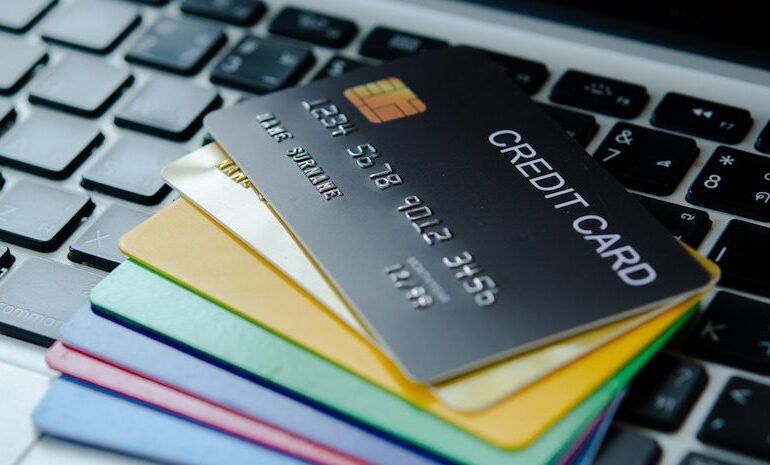Defaults on credit cards in the U.S. have spiked significantly in the last year, according to a new report.
Credit card lenders wrote off $46 billion in seriously delinquent loan balances in the first nine months of the year, the Financial Times reported, citing industry data collated by BankRegData.
The amount is up 50 percent from the same period last year and is at its highest level since 2010, according to Newsweek, which has contacted consumer credit research firm WalletHub for comment.
Why it matters
The numbers indicate that many Americans are struggling to pay off their credit card debt after years of high inflation.
High prices and economic concerns were a major reason that voters chose President-elect Trump in November, but his threats to impose tariffs on imported goods could further raise prices for Americans and exacerbate their financial struggles.
What to know
Credit card balances have soared in recent years, with the total amount U.S. consumers owed topping $1 trillion for the first time in 2023.
Americans now owe a record $1.17 trillion on their credit cards, according to a recent report on household debt from the Federal Reserve Bank of New York.
Credit card balances rose by $24 billion during the third quarter of 2024 and are 8.1 percent higher than a year ago, the report said.
It also said that credit card delinquency rates had improved slightly from the previous quarter, with 8.8 percent of balances transitioning to delinquency compared with 9.1 percent the previous quarter.
But it found the number of balances going into serious delinquency has increased from 2023 — 7.1 percent went into serious delinquency in the third quarter, up from 5.78 percent in the same period last year.
The average credit card debt per household is about $10,757, according to a report from WalletHub released earlier in December.
What’s next
The Federal Reserve’s policymakers predicted recently they will cut interest rates by a quarter-point only twice in 2025, indicating consumers may not enjoy lower rates for credit cards, mortgages and other forms of borrowing.






Leave a Reply